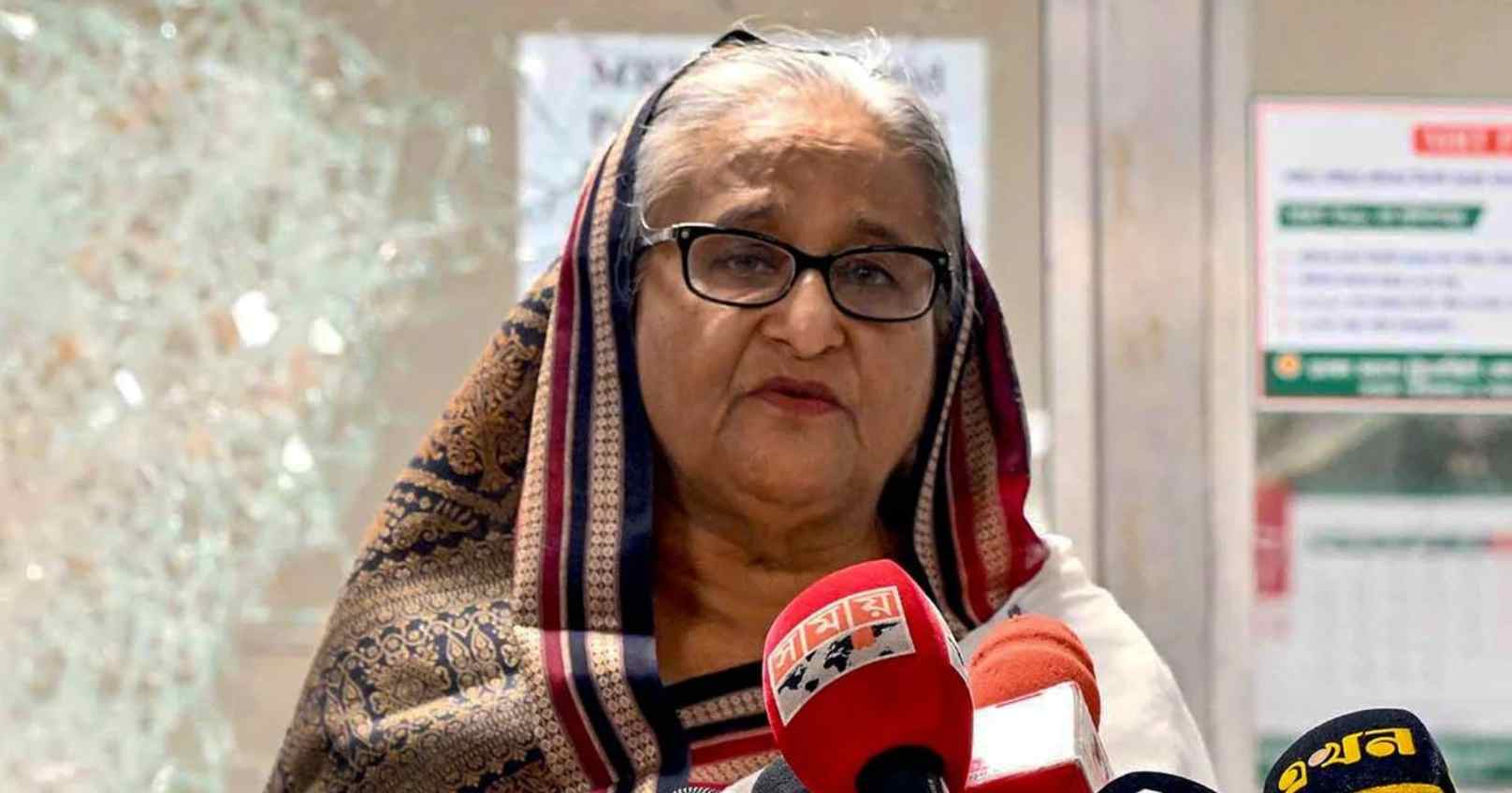In a dramatic turn of events, the Bangladeshi parliament is set to be dissolved today, following the resignation and departure of Prime Minister Sheikh Hasina from the country. This comes as the military has taken control amidst widespread protests. Here are ten critical updates on the situation:
-
Emergency Meeting: President Mohammed Shahabuddin chaired a crucial meeting last evening to discuss the establishment of a military-backed caretaker government. The meeting included Army Chief General Waker-Uz-Zaman, the heads of the navy and air force, and leaders from various opposition parties, including the BNP and Jamaat-e-Islami.
-
Engagement with Protest Leaders: General Waker-Uz-Zaman is scheduled to meet with student protest leaders as the nation anticipates the formation of a new government. These student leaders, who initially protested against job quotas, have since called for Sheikh Hasina’s resignation and are advocating for Nobel Peace laureate Muhammad Yunus to be appointed as chief advisor of the interim government.
-
Army Chief's Address: In a national address, General Waker announced that Sheikh Hasina had resigned and that the military would oversee the creation of an interim government. He emphasized the need to halt the violence that has severely impacted the country and its economy.
-
Resignation Ultimatum: Reports indicate that Sheikh Hasina was given a 45-minute ultimatum to step down as Prime Minister. She began her fifth term earlier this year.
-
Exile to India: After resigning, Sheikh Hasina departed from Dhaka in a military aircraft bound for India. She was accompanied by her younger sister, Sheikh Rehana.
-
Meeting in India: Upon landing at Hindon Air Force Base in Ghaziabad, near Delhi, Sheikh Hasina met with National Security Advisor Ajit Doval. She is expected to travel to London next, seeking political asylum.
-
Briefing for Indian PM: Prime Minister Narendra Modi has been briefed on the developments in Bangladesh by External Affairs Minister S. Jaishankar. It remains unclear if Modi will meet with Hasina.
-
Calls for Calm: Western nations have urged restraint in Bangladesh following Hasina’s departure. The United States called for all parties to avoid further violence, while UN Secretary-General Antonio Guterres called for a peaceful, orderly, and democratic transition.
-
Nationwide Unrest: Sheikh Hasina’s government had been facing nationwide protests since early July. She fled the country after violent clashes on Sunday resulted in nearly 100 deaths, bringing the total death toll from the protests to over 300.
-
Origins of Protests: The protests began in June, driven by student demands to abolish a controversial quota system in government jobs. These protests quickly evolved into a broader movement calling for the end of Hasina’s rule.
The situation in Bangladesh remains tense as the nation awaits the formation of a new interim government and seeks a path to stability amidst ongoing unrest.







